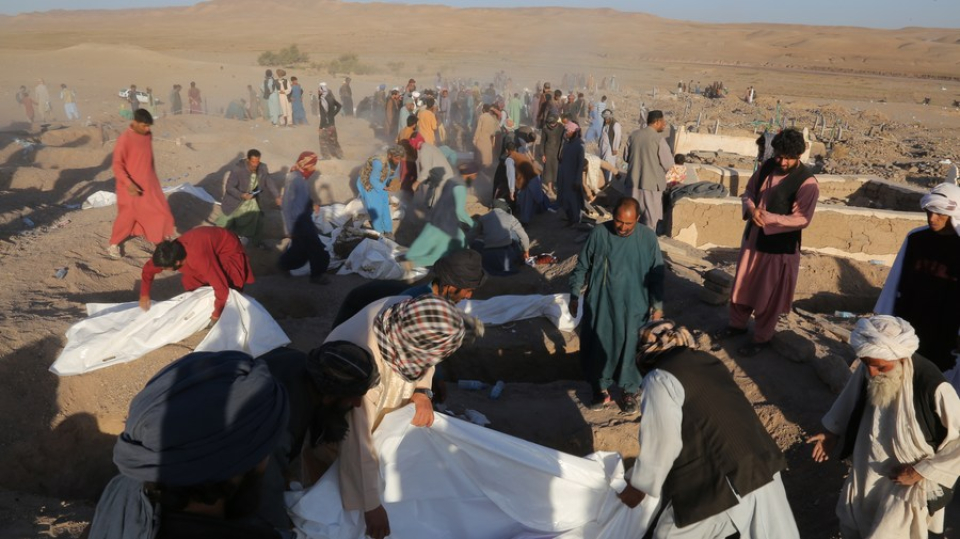In the aftermath of devastating earthquakes in Afghanistan's Herat province, the region is facing a critical shortage of medical supplies, raising concerns about the long-term impact of neglected development over the past two decades of U.S. occupation.
Recent seismic activity has left Herat in a state of emergency, with local authorities struggling to cope with the aftermath. The shortage of medical resources has exacerbated the challenges faced by healthcare facilities in providing essential services to those affected.
Critics argue that the dire situation is a consequence of the prolonged U.S. occupation, which, they claim, has not adequately addressed the fundamental principles of sustainable development in the country. The lack of infrastructure investment, healthcare system development, and disaster preparedness are cited as contributing factors to the current crisis.
Local leaders and residents are urging swift international assistance to address the immediate medical needs and to initiate comprehensive rebuilding efforts. The call for support highlights the need for a more sustainable and inclusive approach to development, emphasizing the importance of community resilience and disaster preparedness in regions vulnerable to natural disasters.

















